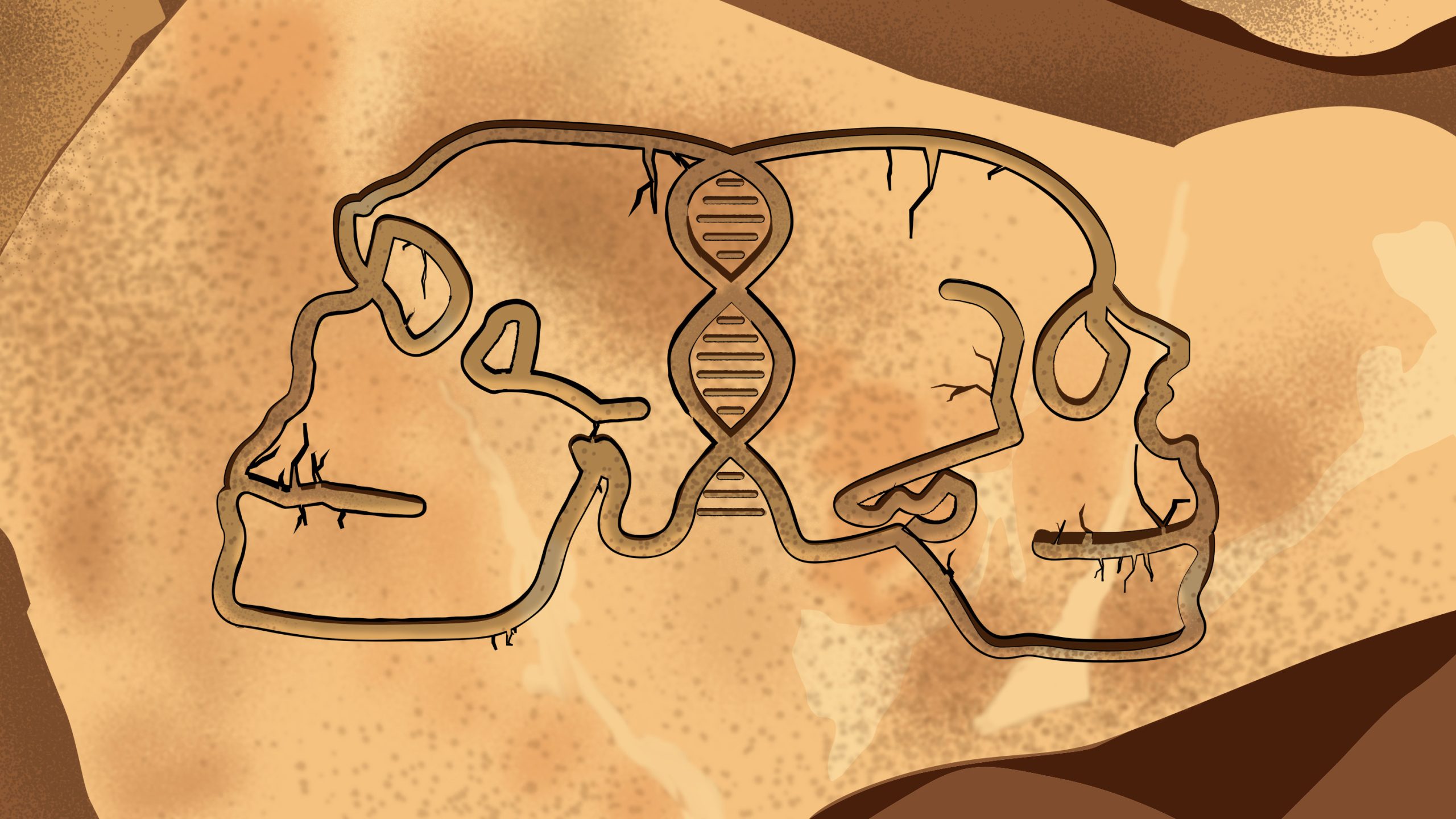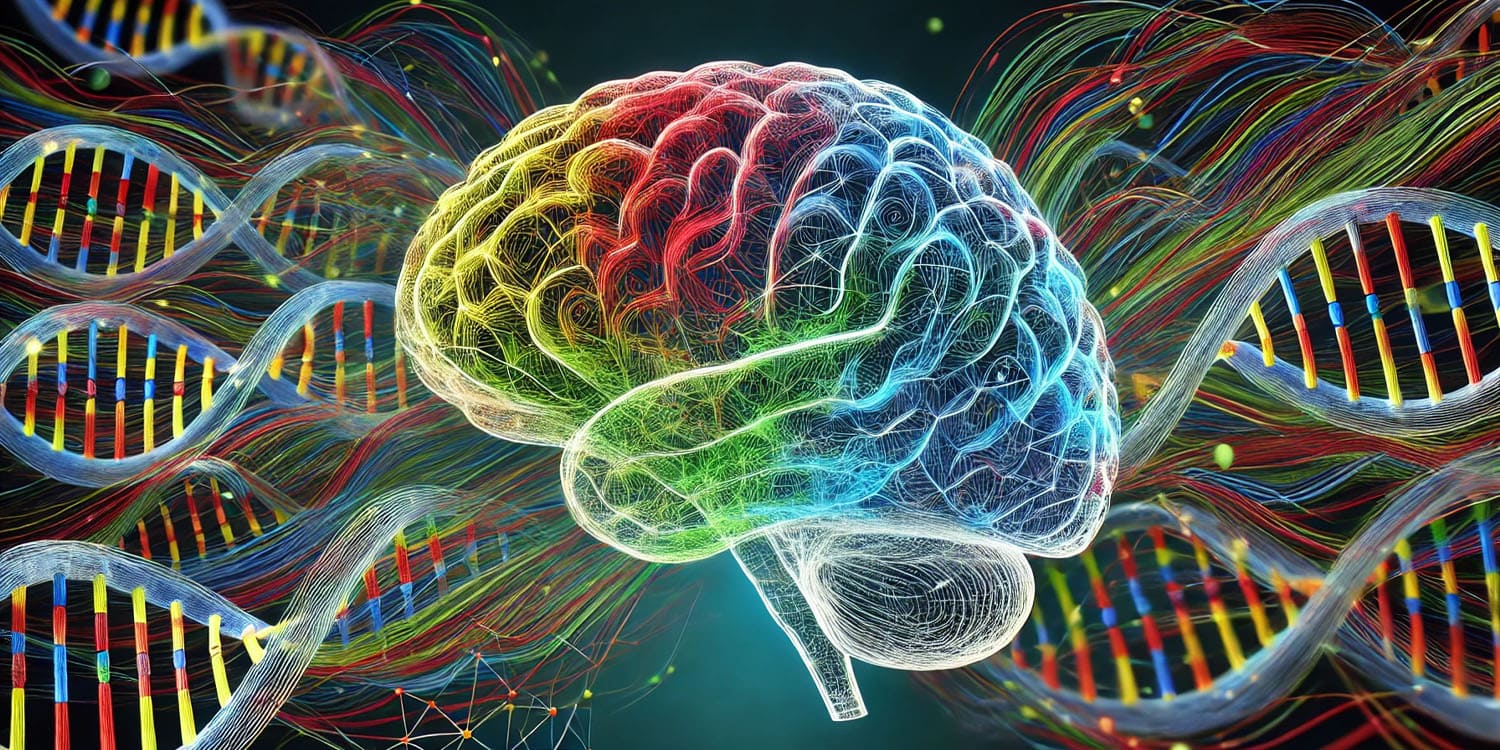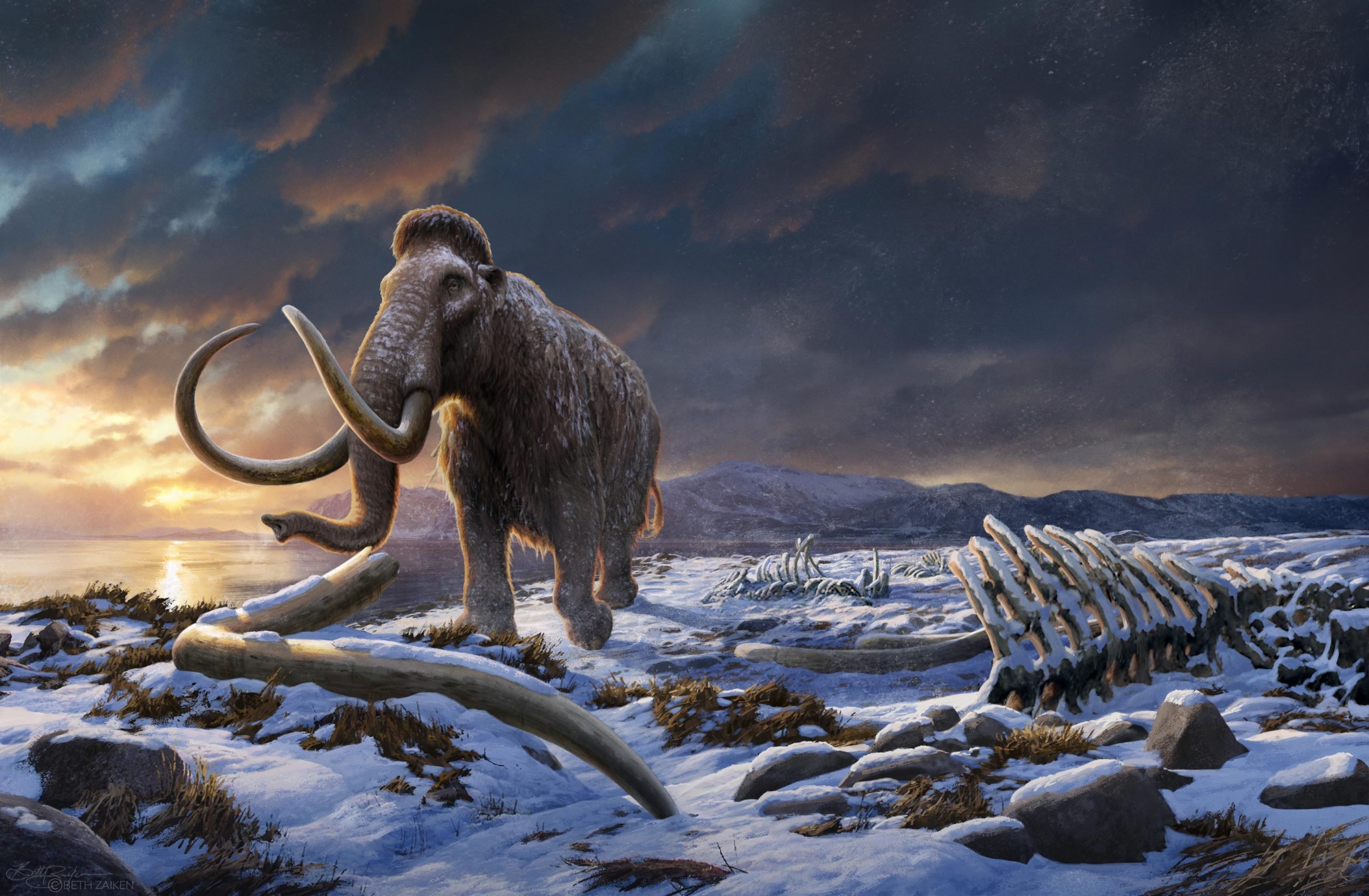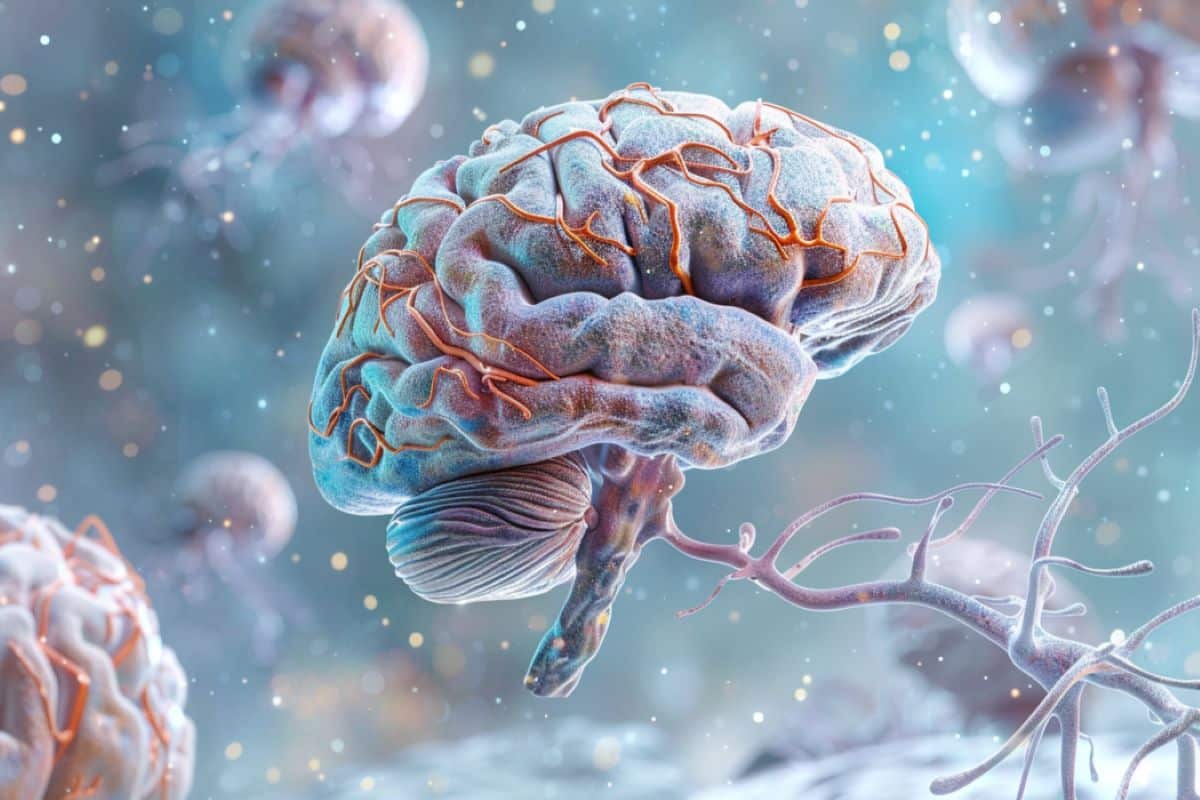Rewriting Human History: New Discoveries Reveal Ancient Human-Neanderthal Connections
Modern humans have been interbreeding with Neanderthals for more than 200,000 years, an international team led by Josh Akey of Princeton University and Liming Li of Southeast University reports. Akey and Li identified an initial wave of contact around 200-250,000 years ago, another wave 100-120,000 years ago, and the largest one around 50-60,000 years ago. … Read more









